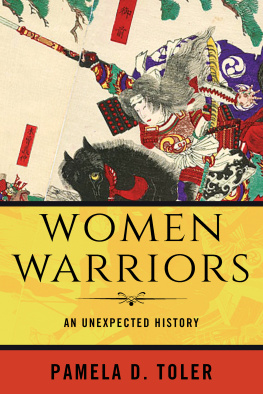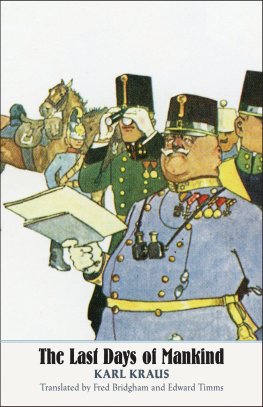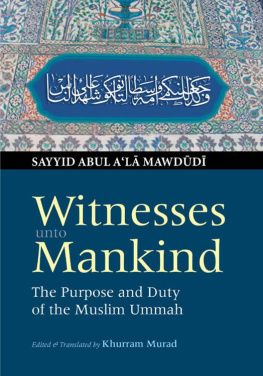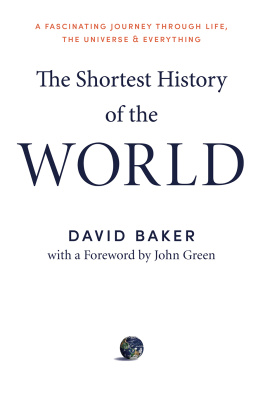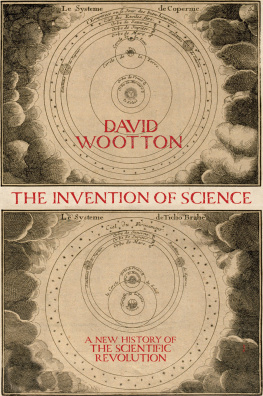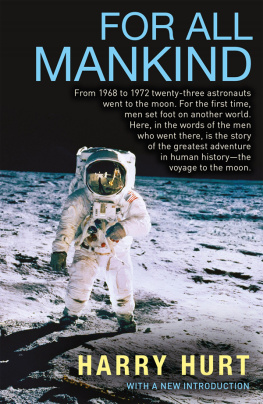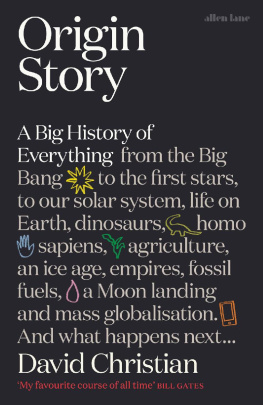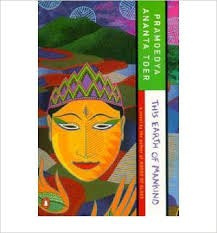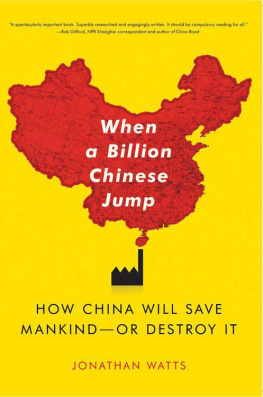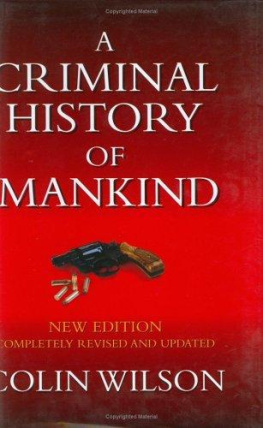BY PAMELA D. TOLER
2012 by A&E Television Networks, LLC.
HISTORY and the H logo are trademarks of A&E Television Networks, LLC.
All rights reserved.
All rights reserved under the Pan-American and International Copyright Conventions
Books published by Running Press are available at special discounts for bulk purchases in the United States by corporations, institutions, and other organizations. For more information, please contact the Special Markets Department at the Perseus Books Group, 2300 Chestnut Street, Suite 200, Philadelphia, PA 19103, or call (800) 810-4145, ext. 5000, or e-mail .
All the first-person narratives are fictionalized accounts based on historical evidence.
Digit on the right indicates the number of this printing.
Mankind
is a story of strugglethe struggle of all of us.
From our very first days on earth, we humans have confronted enormous challenges. Erupting volcanoes that blotted out the sun. Cruel ice ages that lasted for centuries. Deadly plagues that invaded our bodies and ruptured our cells. Ferocious weapons of mass destruction.
Time after time, unforeseen dangers have threatened to bring our story to an abrupt end.
But Mankind is also a story of triumph, because through it all, humanity has risen to meet every challenge. What does not kill us makes us stronger, and in learning to overcome adversity, we have made one great leap forward after another.
Across the last ten thousand years, these leaps have taken us from tiny bands of hunters following flocks of animals across empty landscapes to our great modern cities, crowded with tens of millions of people and crackling with energy.
Mankind is an ambitious and entertaining account of this journey. It tells our story in a new, exciting way, in vivid images and in the words of the people who lived through the events.
Unlike history books you may have read before, Mankind looks in the most surprising places for keys to explain how we got here.
Some keys lie in the planet itselfin the tides of the oceans, the contours of mountains, the minerals we mine from the ground.
Others are in our own bodieshow we see, in our blood, in the antibodies that protect us against infection.
Many are hidden in things we use everydayhumble goods like pepper, salt, sugar, and ice, all of which have played their part in the story.
Others still come from the mysterious remains of the past that dot the earththe pyramids, Stonehenge, the Great Wall of China.
At times, we even have looked far beyond our own worldat the formation of stars or solar flares or the way the suns gravity causes our planet to wobble and tilt on its axis as we spin through space.
And often the answers are found in how things workin the spin on a bullet as it leaves a rifle, in the perfect balance of an arch, or in the flow of water along a Roman aqueduct.
Mankind pulls the latest findings of historians and scientists together into a single gripping narrative, and shows how the lives of billions of individuals have come together to build the world we live in today.
Some of these individuals are famous namesJulius Caesar, Genghis Khan, George Washington, Abraham Lincolnwhose decisions changed the direction of history.
But others were just ordinary people caught up in extraordinary eventslike Agnolo di Tura, who had to bury his own wife and children when the Black Death killed half the people in his hometown. Or like Alice Harris, a missionary in the Congo whose photographs exposed one of the most horrifying crimes ever committed against humanity.
From the taming of fire to the invention of iron, from the birth of Buddhism to the crucifixion of Jesus, from the fall of Rome to the Industrial Revolution, from the earliest formation of democracy to the triumph of the civil rights movement, from the printing press to the computerthis book shows us history from the inside. It is alive, immediate, and always surprising.
Since the Stone Age, the pace of change has been speeding up, and one of the greatest lessons we learn from history is that the world will change more in the 21st century than in all previous times combined. It will present mankind with new challenges, which will take forms that we cannot yet even imagine.
History shows us who we are and where we have come from; and it also teaches us that the possibilities before us are endless. The human spirit has shown itself capable of meeting any challenge.
But history also shows that nothing is ever guaranteed.
If we are to go on succeeding in our struggle, triumphing over adversity as we have done so often in the past, we all need to understand our own story.
And for this, there is no better place to start than Mankind.
IAN MORRIS
STANFORD UNIVERSITY
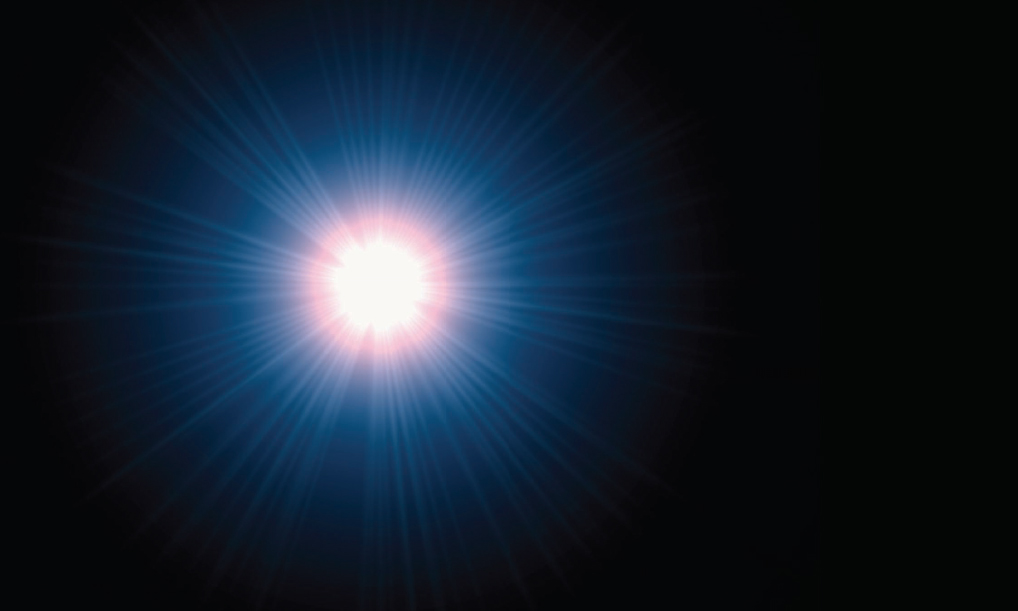
FROM THE BIG BANG TO BIG BRAINS
We call it the big bang:
13.7 billion years ago, when time and space collided to produce the pure energy that ultimately formed matter and every species that ever lived, including us. Our human bodies are made, as are the skies, oceans, and mountains of planet Earth, from this same swirling mass of elements, later named carbon, oxygen, and hydrogen.
AFTER THE EARTH COOLED ENOUGH TO FORM ITS UNIQUE CONFIGURATION OF ELEMENTS AND ATMOSPHERE, IT TOOK ANOTHER HALF BILLION YEARS FOR THE FIRST SINGLE-CELLED ORGANISMS TO BLOSSOM IN ITS DEEP OCEANIC VENTS, AND TWO BILLION MORE FOR THEM TO BEGIN TO DIVIDE AND DIVERSIFY.
From specks of star dust to single-cell life-forms, the evolution of the human race into a form recognizable as the species we are today began some 150,000 years ago.
Mankind has existed for a fraction of time in the history of the universe, and most of it spent in a life-and-death struggle for survivalwith no guarantees of success at any point, not even the present.
Mankind: The Story of All of Us retraces the path of learning that made us masters of fire and iron, gave us the comforts of food and shelter, and remade us into inventors, builders, and space travelers. Perhaps the most unlikely accomplishment of all on our zigzag learning curve as a species is our survival. Surprise has been the only constant in human history.
If there is one key to our longevity, it has been our ability to adapt to frequent, often violent change. We have turned our most vulnerable weaknesses into strengths, beginning with our relatively small size and lack of speed compared to other mammals. Such an extreme physical disadvantage forced us to develop and employ bigger brains to outwit our foes, whether man, beast, or vast swings of temperature and climate.


